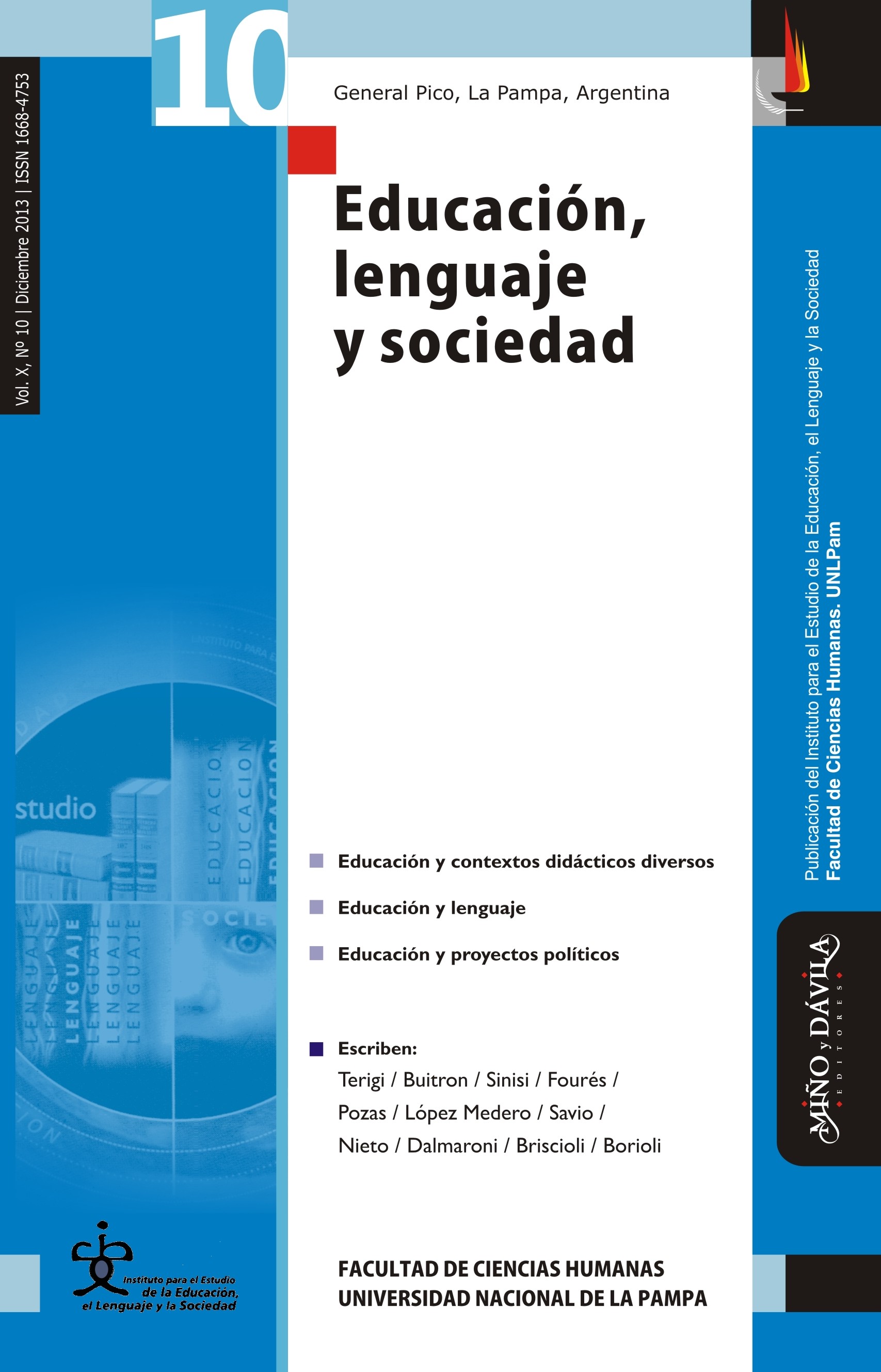La lengua madrastra. Identidad, territorio, pertenencia
Resumen
A partir de los estudios postcoloniales y en el transcurso de la tardomodernidad, minorías como la de los migrantes y los mestizos ganan visibilidad social no sólo por sus producciones culturales, sino también por las reflexiones teóricas por ellos suscitadas, que indagan la constitución de las identidades y la configuración de subjetividades. Ahora bien, en el campo literario y en el caso de los migrantes lingüísticos, ¿cómo se manifiesta ese transbordo –en el doble sentido de traslado y de salida del borde– del idioma nativo?, ¿de qué modo se expresa tal contienda?; más aún, ¿qué cambia y qué se transfiere de la lengua madre?, ¿por qué uno escribe en una “lengua madrastra”?
Este artículo, que cruza la antropología del espacio con la narrativa autobiográfica, se interroga acerca de la elección de una “patria lingüística”, de las representaciones del mundo que se alteran en ese tránsito y de las implicancias políticas e identitarias ínsitas en la migración de una lengua menor, periférica, residual (Williams, 1980) a otra ubicada en la zona central del mapa social.
Starting from post-colonial studies and in the course of the late modernity, minorities like the migrants and the mestizos are gaining social visibility, not only for their cultural productions, but also for the theoretical reflections they have prompted, that inquire into the formation of their identities and the configuration of their subjectivity. Now, in the field of literature and the case of language migrants, how does such transfer from their native tongue to another language manifest itself? How is such a conflict expressed? Furthermore, what is changed in the mother tongue and what is retained? Why does one write in a “stepmother language”?
This paper, which rests on the interbreeding of space anthropology and autobiographic narrative, poses questions about how the choice of a “linguistic home” takes place, the way in which the outlook on the world is altered in this transition process, and about the political and identity implications inherent in the migration from a lesser, peripheral, residual language (Williams, 1980) to another one that lies in the central zone of the social map.






21.png)






3.png)

